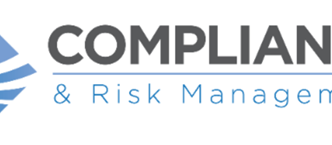Last week, National Credit Union Administration (NCUA) Chairman Todd Harper released a letter to credit unions outlining the Supervisory Priorities for 2025. These priorities address key risks impacting credit union members, the financial industry, and the National Credit Union Share Insurance Fund (NCUSIF). Below is a focused summary of these priorities.
Credit Risk
- Examiners will evaluate lending practices, focusing on underwriting standards, collection programs, and strategies for borrowers in financial distress.
- Credit unions should ensure their policies address credit risk while maintaining sound lending practices.
Balance Sheet Management
- Risk management frameworks, policies, and procedures will be assessed to ensure resilience against economic fluctuations.
- Special attention will be given to interest rate risks and liquidity positions to safeguard earnings and net worth.
Cybersecurity
- Examiners will review information security programs, business continuity plans, and third-party risk management.
- Credit unions should strengthen their cybersecurity measures to protect against increasingly sophisticated threats.
Consumer Financial Protection
- Compliance with key regulations, including fair lending practices, overdraft programs, HMDA, the Military Lending Act, and Regulation E, will be closely reviewed.
- Examiners will ensure members receive fair and transparent treatment.
Support for Minority Depository Institutions (MDIs)
- The NCUA will provide tailored assistance to MDIs, emphasizing their role in serving underserved communities.
- Efforts will focus on enhancing MDIs’ ability to offer safe and affordable financial services.
Exam Updates
- Extended exam cycles may be available for credit unions with over $1 billion in assets, rated CAMELS 1 or 2, and with no recent CEO changes.
- These updates aim to reduce regulatory burdens on high-performing institutions.
Bank Secrecy Act (BSA) and Anti-Money Laundering (AML) Compliance
- Credit unions are encouraged to stay informed about evolving BSA, AML, and counter-terrorism financing requirements.
- This includes updates stemming from the Anti-Money Laundering Act of 2020.
The NCUA remains committed to addressing economic and technological changes while ensuring credit union system safety. Credit unions are encouraged to:
- Regularly update risk management practices.
- Invest in cybersecurity enhancements.
- Stay proactive with regulatory compliance.
By focusing on these areas, credit unions can effectively manage emerging risks and continue to serve their members.






